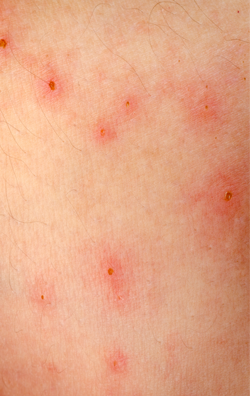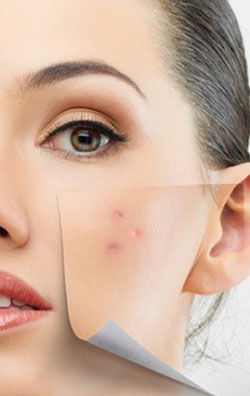
Beta carotene is a yellow- orange pigment, which are the most plentiful of the carotenoids. They are a group of more than 500 plant pigments that range in color from red, yellow, and orange to dark green.
In the body, some of the beta carotene is converted into vitamin A. Although vitamin A is toxic in high doses, large amounts of dietary beta carotene are nontoxic. Our body converts only as much as it needs.
Sources
Beta carotene is best consumed through food sources; such as,
1. Carrot
2. Sweet potatoes
3. Leafy vegetables
4. Oranges
5. Grapefruit
6. Apricots
7. Peach
8. Pumpkins
9. Spinach
10. Broccoli
It is being said that, carrots are rich in beta carotene. So taking in lots of carrot can provide carotenoids which prevent cataracts and age- related degeneration of the retina.
Action of beta carotene
1. It is a perfect antioxidant, and protects the body from the attack of unstable molecules that damage the cells called free- radicals.
2. It limits the development of abnormal cells, thereby preventing cancers of the breast, prostate, lungs, and stomach.
3. It also boosts the immune system.
4. It lowers the LDL (bad cholesterol).
5. Raises the level of HDL (good cholesterol).
6. Lower the risk of heart disease.
7. They may affect harmfully to heavy smokers.
Importance of food
The best source according experts is the food we take. The foods which are deep orange, yellow, and red, in color are naturally rich in beta carotene. The more intense the color, the higher is the level of carotenoids. The typical color of carrot and sweet potato indicates the amounts of beta carotene they contain.
The amount required
According to different health organizations, the established level varies considerably. The Canadian health society recommends the intake of 5- 10daily servings of fruits and vegetables. This will provide good amounts of beta carotene.
The details regarding the amount of carotenoids present in certain foods is given below;
| Food | Amount in mg |
| 1medium sized raw carrot | more than 5mg beta carotene |
| A half cup of mashed, cooked sweet potato | 9mg beta carotene |
| One half of a pink grapefruit | 1.6mg of beta carotene, more than 4mg of lycopene (another kind of carotenoids) |
| Three quarter cups of tomato juice | 15mg beta carotene |
| Half a cup of cooked kale | 3mg of beta carotene and more than 14mg of the carotenoids named, lutein and zeaxanthin |
Problems regarding the supplements
Even though dietary supplements are thought of by some people to be nutritional magic ammunitions, the results of beta carotene supplements show alarming results.
Studies have proved that, they cannot provide protection against cancer or heart disease. In some smokers, the use these supplements even showed slight increase in the symptoms of cancer.
So before taking a supplement for beta carotene, think twice; especially if the person is a grave smoker. The best option for such people will be to go for natural remedies like fruits and vegetables. For those, who are not taking fruits and vegetables, the dosage should be strictly limited to 6- 15mg daily.
In due course, the only thing that is certain is that, a nutrient capsule can never substitute a healthy, hale and heart diet.





